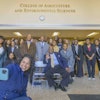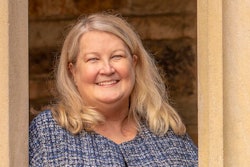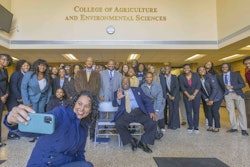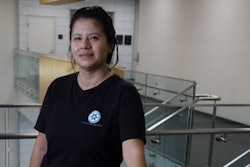There are many responses to the recent U.S. Supreme Court decision. The federal government and national, regional, and local organizations have weighed in, too. People are already declaring a “post-affirmative action era” while still weighing the scales of benefit from new approaches to equity, justice… and admissions.
Wherever approach tips the scale for an institution, one derivative must be clear: Is what you’re communicating about your support for DEI central to an active agenda, or is it rhetoric for political alignment and camaraderie? The derivative must be clear because the SCOTUS decision was clear: the courts will not solve the American dilemma about race relations. This means that institutions, organizations, groups, and individuals must talk and walk simultaneously for the same principle, for a common purpose—intentionally diversifying the education landscape for America's greater good.
There are tools to help those in relentless pursuit of a common purpose. The Diverse Organizational Impact and Transformation (DOIT) certification is a groundbreaking example. DOIT, as its acronym suggests, is an action-oriented, entrenched approach to recognition for making things happen in the face of sweeping opposition and aligning talk and action as a mantra of 21st-century leadership.
A subcomponent of the DOIT certification deals directly with public communication. The component is embedded in the Pillar: Institutional Leadership and Commitment. It is explicitly concerned with what is being told to the public that is readily evident upon visitation to campus. Herein is the substance of responding to public DEI resistance and stakeholder scrutiny. When what is being communicated has already been activated, institutions are more likely to gain value-added advocacy and resources from various sources. The multiple sources are likely to be others who share in pursuing a common purpose with similar principles.
Now is the time for a marriage of talk and walk. No longer should stakeholders guess where an institution lies on the continuum from “not considered” to “daily accountable business.” The DOIT certification places like-minded institutions and professionals in the spotlight as authentic “doers” for the common good and advancement from the audacity to declare that human bias is absent due to the creation or absence of law.






















